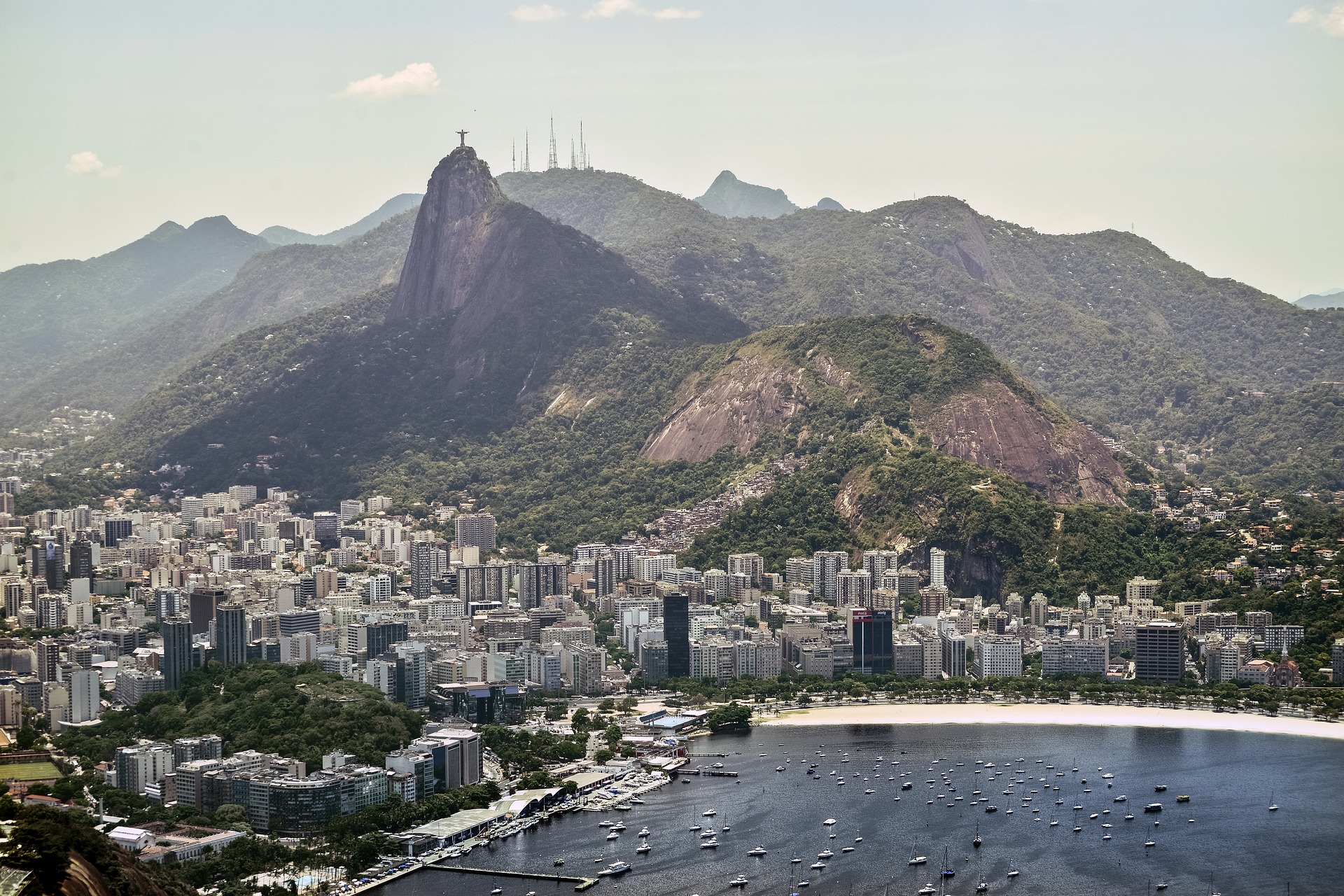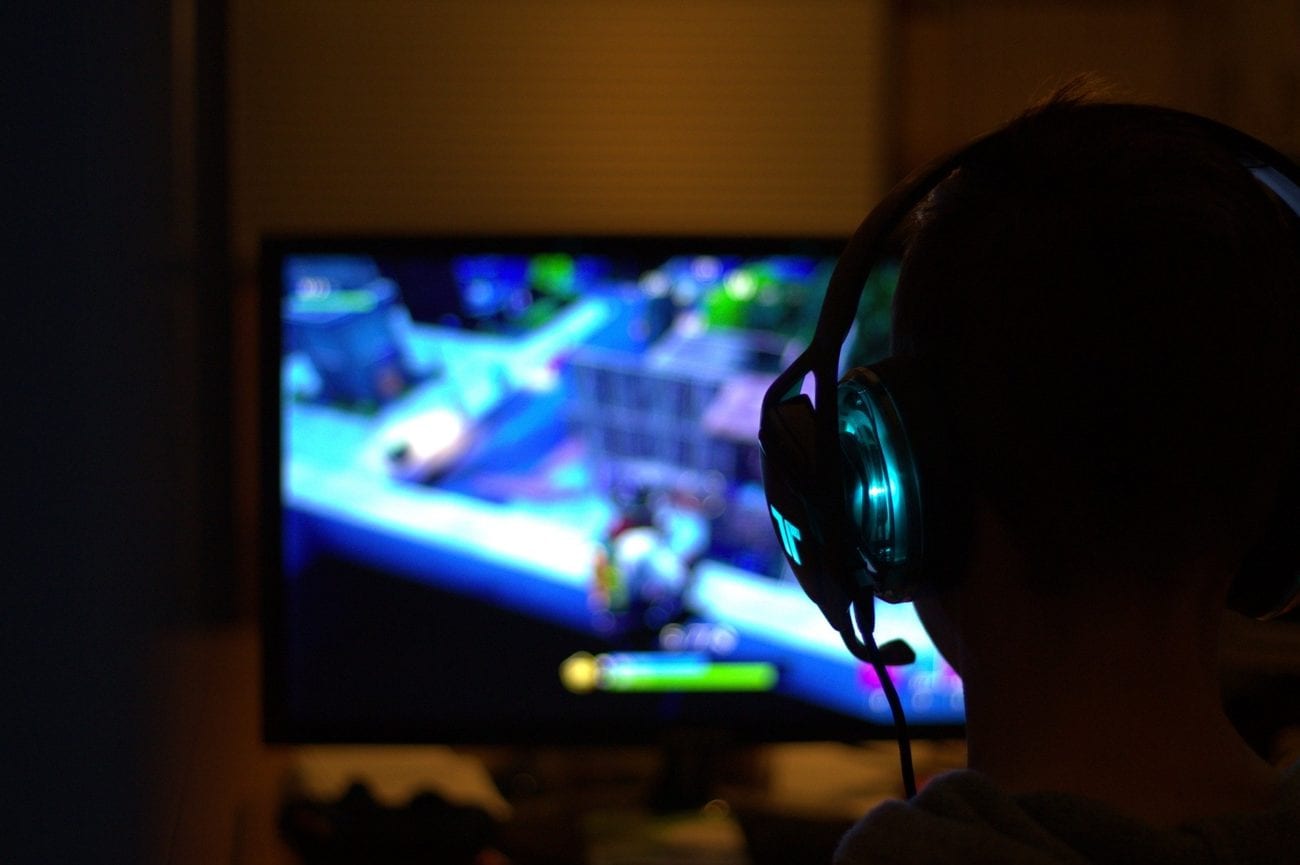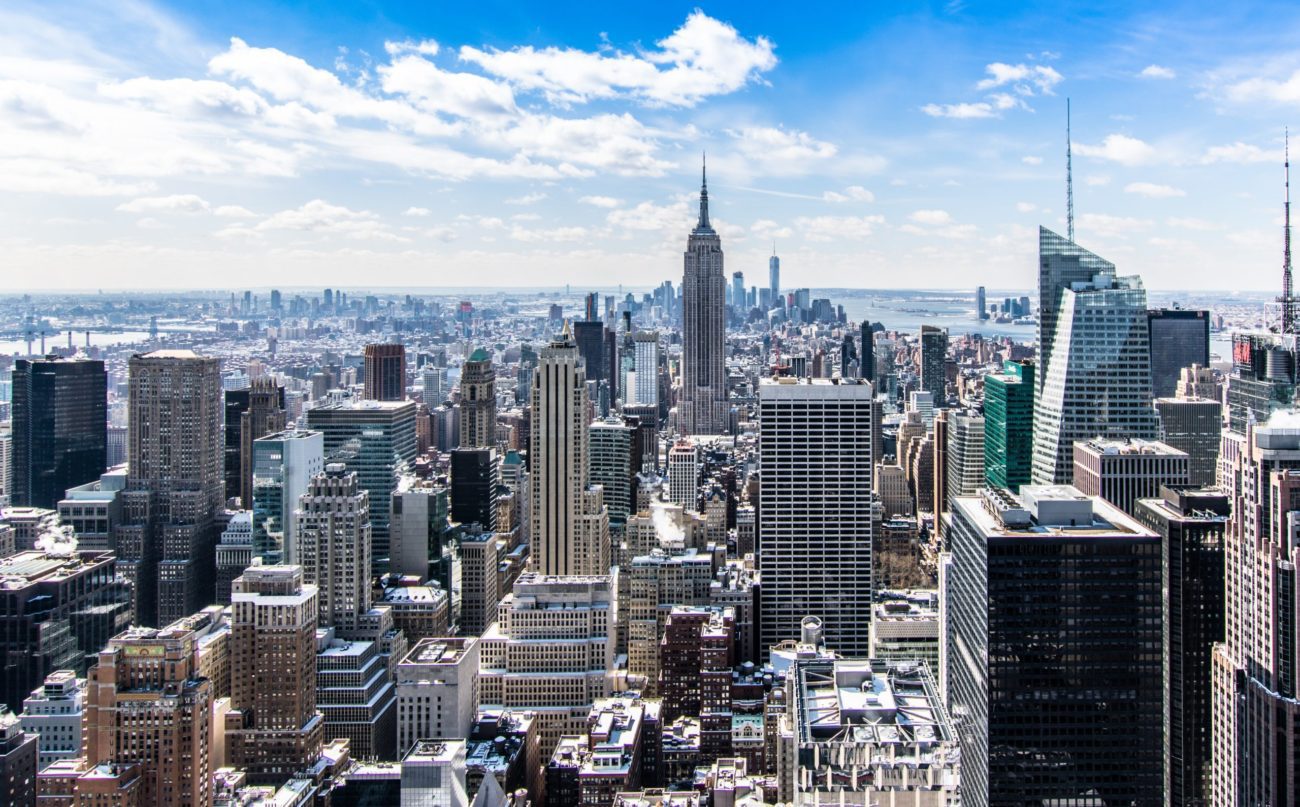
Heading to ICE, iGB is preparing you for the biggest trade show of 2024 with this new series covering the latest developments since the 2023 show.
With Covid-19 now firmly in the rearview mirror, Southeast Asia is experiencing a serious recovery in 2023. This is particularly true against the established heavyweight Macau.
We covered this in detail on iGB this year; Southeast Asia is expected to drive Asian gaming growth for the foreseeable future.
The region undoubtedly holds all the trump cards. It offers a combination of fast-growing economies, world-class gaming resorts and irresistible tourist destinations worthy of every Instagram post.
Economic growth is one of the main drivers of this post-COVID surge. The Association of Southeast Asian Nations (ASEAN) bloc is expected to overtake Japan within the next 10 years.
The demographic development shows why this is the case. In total, Brunei, Cambodia, Indonesia, Laos, Malaysia, Myanmar, the Philippines, Singapore, Thailand and Vietnam – with a population of over 660 million – currently have a combined GDP of over US$3.3 trillion (2.7 trillion pounds/3.1 trillion euros). This is the fifth largest in the world, just behind India and 50% larger than Canada or Brazil.
The bloc’s economies grew 5.2% last year and are expected to grow 4.7% this year and 5% in 2024. This is according to the ASEAN annual report published in July, which shows exciting figures.
The Philippines is leading the attack for Asia Casino
The Philippine archipelago is an outstanding example and continues to lead the way. Last year, Bloomberry added Solaire North in Quezon City, which will be followed by a resort south in Cavite, near Metro Manila.
NuStar in Cebu City, the country’s second-largest metropolitan area, opened accommodation and gaming last year, with two more hotels in the pipeline alongside luxury retail and MICE facilities.
Clark, a weekend getaway destination two hours north of Manila with its own international airport, features six new or newly improved casinos.
Hann Resorts transformed its long-standing Widus Casino into the region’s first integrated resort in 2021 and has multibillion-dollar expansion plans including premier hotels, golf courses and luxury properties. Rival D’Heights combines residences and hotels with plans to add more to each.
The Beijing factor with casino
However, when it comes to the Philippines and Philippine offshore gaming operators (POGOs), China is the black swan.
Both countries remain at odds over POGOs. Then-President Rodrigo Duterte rejected a direct call from Chinese President Xi Jinping to close POGOs in 2019. The continuation of offshore betting now threatens the return of Chinese tourists, who accounted for 21% of Philippine arrivals before the pandemic.
Duterte’s successor, Ferdinand Marcos, is still undecided on POGOs. This is despite several Senate hearings highlighting the harmful effects of the sector, including money laundering.
Hearings in January showed that POGOs are falling far short of the government’s revenue forecasts. In total, they produced about $6.25 million a month last year, compared with forecasts of more than $50 million. The sector has shrunk to less than half its peak size and recorded an estimated GGR of $1.8 billion last year.
With a proposed ban on POGOs supported by growing public support and continued pressure from Beijing, Marcos should consider two basic facts about Philippine offshore gambling. Even with the best intentions and technology, it is difficult for operators to prevent betting from China. Accepting bets from China is even more difficult.
Preventing offshore betting remains a cornerstone of President Xi Jinping’s campaign against gambling and illegal capital flight. Industry observers suggest that the Philippines could require POGOs to block access from China to their websites to comply.







